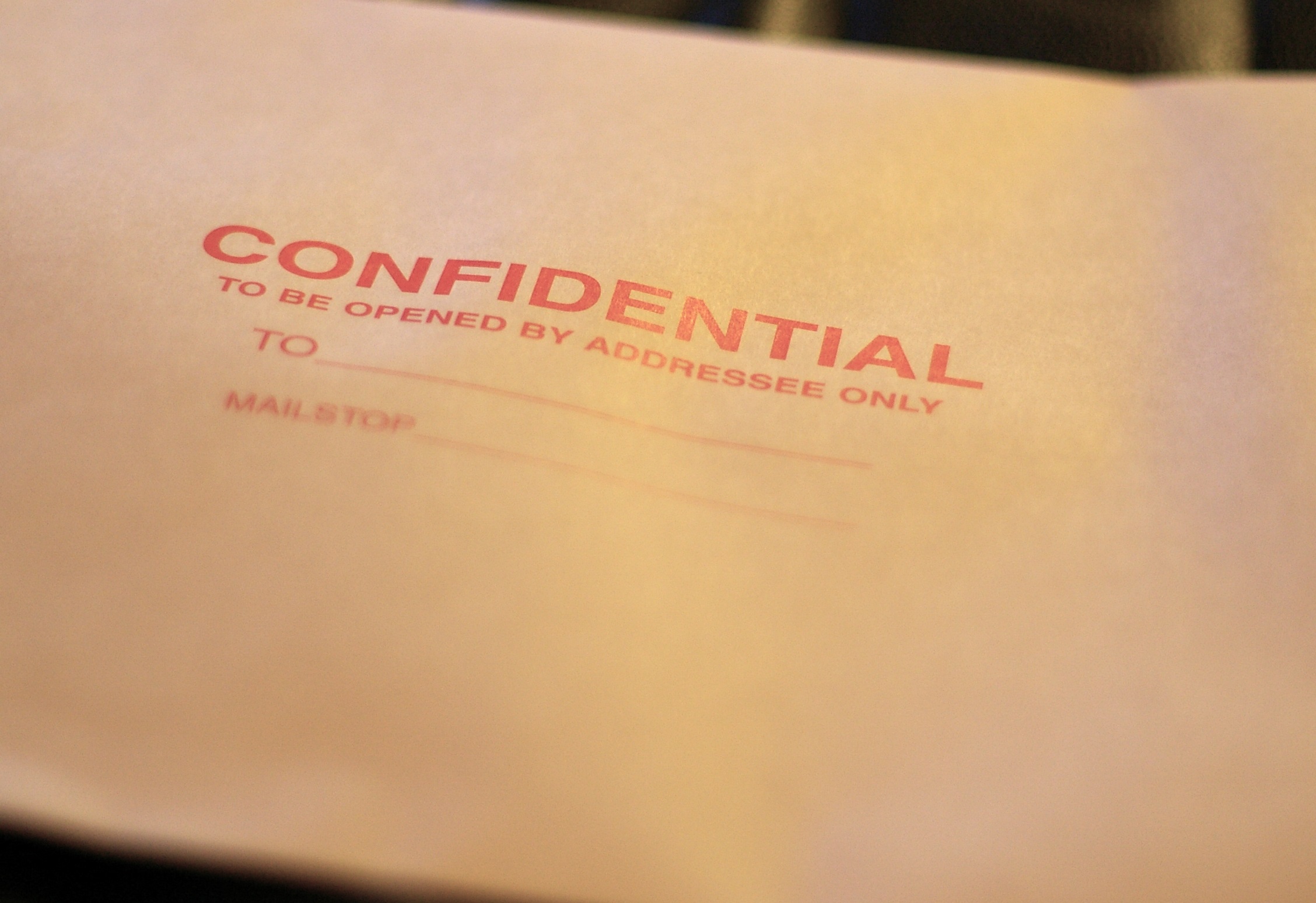By ERIC WARD

South Carolina at the top, once again. (And not in a good way.)
It’s a dubious distinction, to be sure:
Members of the S.C. House are the only state or local elected officials in South Carolina who remain wrapped in a cloak of ethics secrecy as this year’s legislative session begins.
Last year, the House had an opportunity – all session long – to remove this stigma from its members and join senators, constitutional officers and local elected representatives of the people on higher ground – where ethics sunlight shines more brightly.
“And there should be openness about this process across the board,” says John Crangle, director of the nonprofit good-government group Common Cause of South Carolina.
But instead of seizing the opportunity, the House yawned at it and alternately worried itself with issues such as voter ID and illegal immigration.
Now, with the 2012 legislative session that began last Tuesday, the House once again has a chance to embrace greater ethics openness.
What will the chamber do with it this time?
As it stands, the only way taxpayers and voters legally can know if a House member crosses the ethics line is if the House Ethics Committee takes some kind of public action against a member.
But that’s not the case with state senators, who are under the jurisdiction of the Senate Ethics Committee. Nor is it the case with the state’s nine constitutional officers, several high-ranking appointed state officials and local elected representatives across South Carolina, all of whom are overseen by the state Ethics Commission.
No, rather than blanket secrecy, an ethics case involving any of those officials goes public upon a finding of probable cause that a violation has occurred.
It wasn’t this way, however, until last year’s legislative session.
Before that, the Senate operated the way the House still does; and anything related to a case pending before the Ethics Commission was not made public until the matter was concluded, unless the accused waived confidentiality.
Indeed, in the words of Crangle, South Carolina has suffered from an ethics secrecy problem “since Adam and Eve.”
Things began to change last year, though.
At the outset of the 2011 session, a bill opening Ethics Commission proceedings to public disclosure at the probable cause threshold became law.
“It’s a significant change,” says Cathy Hazelwood, general counsel for the commission.
But despite the importance of that reform, the Ethics Commission has no authority over legislators. Instead, they police themselves through separate House and Senate ethics committees. (That’s a whole other story, which The Nerve has reported on extensively, including here and here.)
Still, after the bill passed the Senate quickly got in line with it, changing the chamber’s operating rules such that matters before the Senate Ethics Committee become public if the panel finds probable cause of an infraction.
Sen. Wes Hayes, R-York and chairman of the chamber’s Ethics Committee, sponsored the rules change. “It would certainly be hypocritical for us to put the requirements for open government on the rest of state government and leave the Senate out,” Hayes told The Nerve at that time.
The issue then shifted to the House, where Rep. Jim Harrison, R-Richland, subsequently introduced a resolution to amend House rules to follow suit and publicly disclose the chamber’s Ethics Committee cases when a likely violation is involved.
Harrison’s resolution, H. 3445, was sent to the House Rules Committee in late January last year when he submitted it. The measure picked up five co-sponsors en route to the committee, but that was the only thing that happened on it for the entire 2011 session, according to the General Assembly’s web site.
This even as the House Rules Committee met three times during the session: once in March and twice in June, according to an S.C. Freedom of Information Act response to The Nerve from House Clerk Charles Reid.
Several attempts to reach then-Rules Chairman Brian White, R-Anderson, during last year’s session were unsuccessful. White now chairs the powerful Ways and Means Committee, which controls appropriations and writes tax law in the House.
The new House Rules Committee chairman is Rep. Alan Clemmons, R-Horry. Clemmons did not return two messages left on his cell phone and one at his State House office last week.
As of then the House Rules Committee had not met or released a meeting schedule for this session.
Harrison, who also sponsored the bill that opened Ethics Commission complaints with probable cause, says Clemmons told him last week that his rules change resolution will be on the agenda of the committee’s first meeting. “I would hope that would be something Clemmons would be interested in pursuing,” he says.
Harrison added that a lot depends on where House Speaker Bobby Harrell, R-Charleston, stands on it. Harrell spokesman Greg Foster did not respond to an email and a phone message last week seeking comment on Harrell’s stance.
Says Crangle, a registered lobbyist who patrols the State House for malfeasance like a junkyard dog, “I think his (Harrison’s) resolution has a lot of merit, and I’ll do what I can to try to get it through.”
Reach Ward at (803) 254-4411 or eric@thenerve.org.
